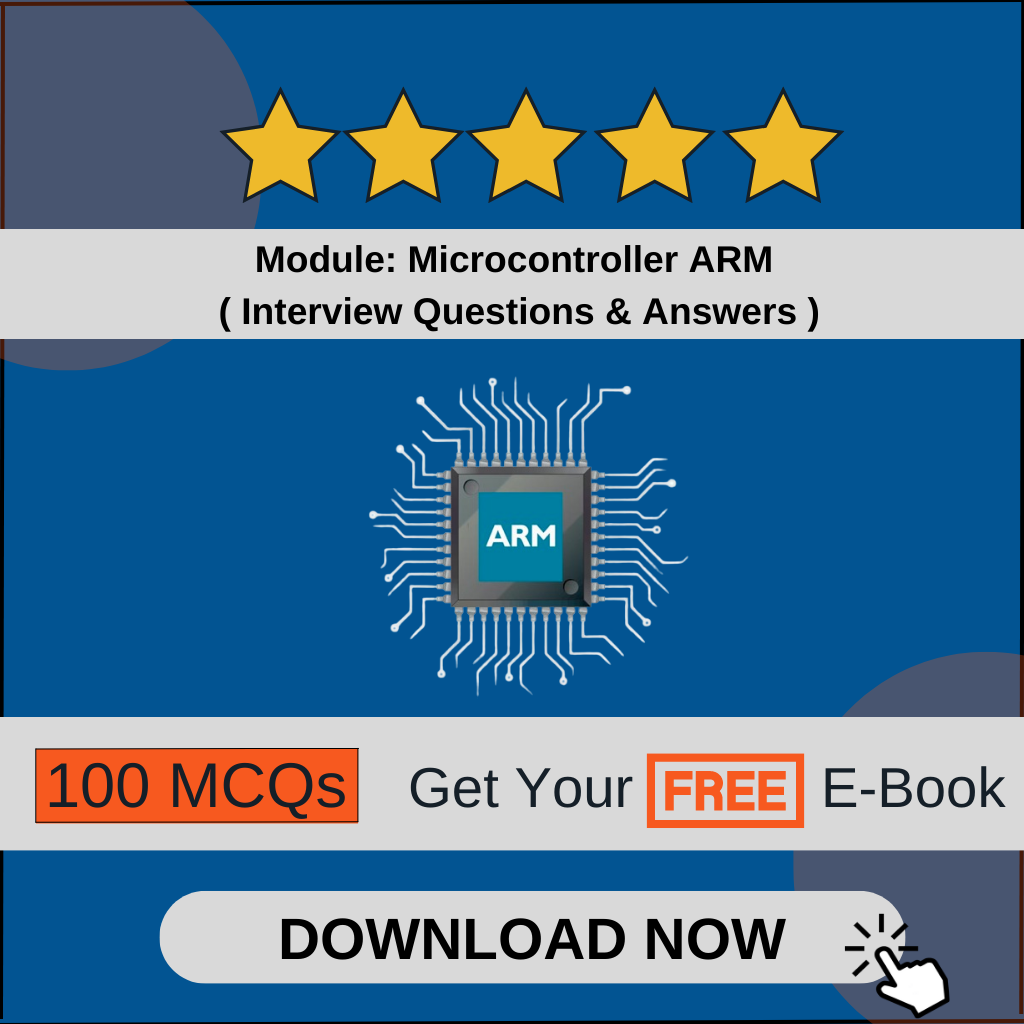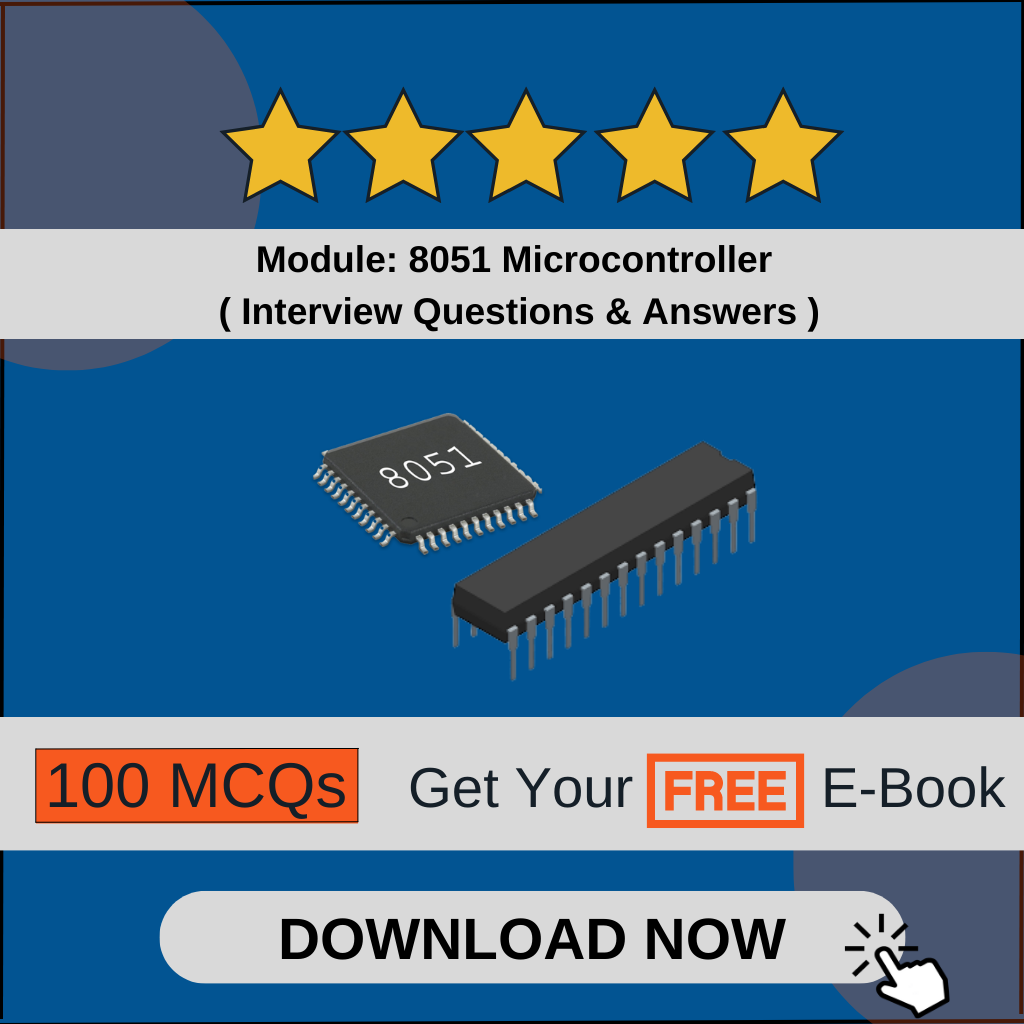1. Conduct Thorough Company Research
Before attending an interview, comprehensive research about the company is highly recommended. The company’s website, social media profiles, and recent news should be explored to gain insight into its history, work culture, and competitors. Demonstrating knowledge about the firm reflects genuine interest and aligns your skills with the company’s long-term goals.
Pro Tip: Be prepared to answer, “What do you know about our company?” with precise and confident responses. Most candidates overlook this step, but it can make a strong impression on the interviewer.
2. Understand the Job Role and Description
A clear understanding of the job responsibilities is essential. The job description should be studied carefully to identify key skills required for the role. Highlighting relevant experience and demonstrating familiarity with the responsibilities can give candidates an edge during the interview.
3. Be Punctual and Dress Formally
Punctuality is often considered a measure of professionalism. Arriving 15–20 minutes before the scheduled interview allows time to compose yourself and demonstrate reliability.
Formal attire should be worn, especially for interviews in industries such as Information Technology, Engineering, or Telecommunications. Proper dressing not only reflects professionalism but also signals respect for the company and the interviewer.
4. Practice Consistently
Skill development is impossible without consistent practice. Regular rehearsal of common interview questions and mock sessions enhances confidence and performance. As the saying goes, practice makes perfect—this holds true across every profession.
By practicing consistently, mistakes are minimized, and tasks are performed with greater accuracy. Over time, this leads to mastery and improves the likelihood of success in interviews.
5. Stay Resilient: Never Give Up
Rejection is part of the process and should not deter candidates. After an unsuccessful interview, following up with a polite email or call can leave a positive impression. Reaffirm your skills and express continued interest in the role.
Persistence demonstrates commitment and can sometimes turn initial rejection into future opportunities. Remember, success often comes to those who keep trying.










